Blessings to Hold onto During the Feast of Tabernacles (Deuteronomy 16:13-17) 11/24/2024
Eternal Answer of 1st, 2nd, 3rd RUTC:
Blessings to Hold onto During the Feast of Tabernacles (Deuteronomy 16:13-17) 11/24/2024
God commanded the chosen people of Israel to observe three feasts during their journey through the wilderness. Verse 17 states that these are the Feast of Unleavened Bread, the Feast of Weeks, and the Feast of Tabernacles, and they are to be observed at the place chosen by God. Why did He command them to come to this chosen place? The place and time where we worship today is the “chosen place,” for it is where God gives us His promises. What are these promises?
First, the Feast of Unleavened Bread (also known as the Passover). This is the day the Israelites were liberated after 400 years of slavery. It is God’s promise concerning our past problems. By the blood of the lamb that was applied to the homes of the Israelites, we have been liberated from all sin, curses, Satan, and the power of hell through the blood of Christ. Do not live under the weight of your past problems (the curse of original sin, family lineage issues, and all the wounds of the past). These create our “destiny” and lead to depression, panic disorders, and other mental disorders. We must fight against the enemy, Satan, who tries to drag our lives in this way, and receive complete healing.
Second, the Feast of Weeks. This is observed seven weeks after the Passover, and is also called the Pentecost. What happened during Pentecost in Acts 2? The Holy Spirit came upon all the saved people. This is God’s promise for our present problems. Even after salvation and liberation, we still live amidst our current problems. We are often deceived, leading to conflicts, failures, and collapse. The Holy Spirit dwells within us and works through all our problems and circumstances, allowing us to enjoy His presence and work. From the moment we were saved, we were sealed with the Holy Spirit (Ephesians 1:13), who helps and comforts us (John 14:16-18). He also empowers us to save people like us and the world (Acts 1:8). Do not be deceived by any present challenges.
Third, the Feast of Tabernacles that we are observing today. This feast holds God’s promise for the future problems of saved believers. In 1620, the first believers who arrived in America held to this covenant and celebrated Thanksgiving, which has been fulfilled to this day.
No other country but America was established with the declaration to live by faith alone and to enjoy only God’s blessings. For 400 years, God blessed this nation, making it a leader in theological and spiritual influence. It has become the country that sent out the most missionaries worldwide.
However, America is now secularized and crumbling. Whether it rises again and is used until Christ’s return depends on us (the final runners). Our church, which carries out multiethnic, healing, and remnant ministries, is vital in this mission. How were they commanded to observe the Feast of Tabernacles? This feast contains four promises for our future.
- When is the Feast of Tabernacles celebrated? It is celebrated after all the harvests are gathered (verse 13). This signifies that the day will come when we reap the fruits of our tears, prayers, and efforts. It is God’s promise for the conclusion of our lives.
1) Salvation is received by grace (Ephesians 2:8-9). Anyone who believes and confesses Christ will be saved (Romans 10:10, 13). God will never abandon or forsake the saved (Hebrews 13:5). Thus, our salvation is complete and absolute. The salvation God grants cannot fail (Romans 11:30, Philippians 1:6).
2) Now, what we build and sow on this earth as saved people is important. We may face “shameful salvation” if we sow nothing (1 Corinthians 3:15), but if we sow what pleases God, we can enjoy His comfort and the crown He provides (Galatians 6:7). This blessing will surely be passed on to future generations (Exodus 20:6).
- Who is the Feast of Tabernacles observed with? It includes family, servants, and even foreigners (verse 14). This is God’s promise that He will raise us to save all nations. It is a promise of evangelism and missions.
1) He promises to give us testimonies within our families, households, and even to people in our homes and workplaces(Genesis 39:5).
2) Who are the foreigners? They represent unbelievers, Gentiles, and multiethnic people. ① Those saved through us are our eternal joy and blessing both on earth and in heaven. We must experience and see their lives transformed and blessed through the gospel we share.
② Make a resolution to save at least one unbeliever each year. This is more important than existing believers. Matthew 28:18 commands us to make disciples of all nations and baptize them in the name of the Father, Son, and Holy Spirit.
- With what attitude should we observe this feast? We must do to with joy and gratitude. We are commanded twice to be joyful (verses 14, 15). And never come empty-handed (17). This is God’s covenant to bless and answer all that we do in life. He will give us evidence in our lives.
1) Rejoice and give thanks for two reasons. Be thankful for the blessings that God will give in your life and work (verse 15 “thanksgiving of faith”). Be thankful for the blessings God has already given (verse 17 “rightful thanksgiving”).
2) Restore the thanksgiving of faith and rightful thanksgiving. Even small gratitude can bring abundance and restore health. Sacrifices given in gratitude glorifies God and ends all problems within us (Psalm 50:23). Losing gratitude leads to misery and opens the door for Satan’s attacks (Numbers 21:4-6). Life itself will become endless conflict and darkness that leads to mental and spiritual problems.
- We are commanded to live in tents during this Feast (Leviticus 23:42). This is God’s promise for our eternal future.
1) It signifies the time in the wilderness that the Israelites must not forget. It reminds them not to forget the grace they received, nor the hardships they endured, because they can become complacent, proud, or face failure. We must always be alert as we live on this earth. The Israelites’ experiences are mirrors for us in the last days (1 Corinthians 10:11). The day that the Lord returns, everything will come to an end.
2) On that day, our salvation will be completed, and all creation will meet an eternal new beginning (Revelation 21:5). Everything in this life is temporary. There is nothing to boast nor be discouraged about. The success, wealth, pain, and sorrow will all pass away (James 4:14). Do not cling too tightly to the things of this earth. There is no reason to hate or quarrel (terminal life).
3) Satan will continue to deceive, tempt, and enslave people with worldly things. Focus on what is above (glory, power, and blessings of the throne) and fight against the things of the earth (Colossians 3:1-2). Even if you fail temporarily, you will ultimately triumph. The final victors will reign with Christ for eternity (Revelation 20:6).
Conclusion – Do not be deceived by your past, do not despair or struggle with today, but hold on to the future prepared by God and live victoriously.
11.24.24 Blessings to Hold onto During the Feast of Tabernacles

